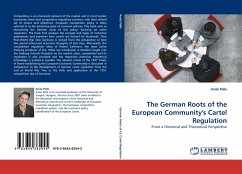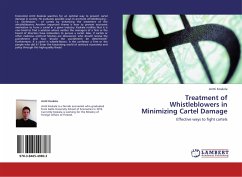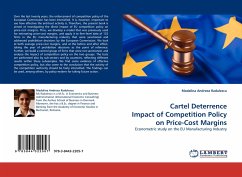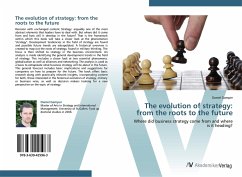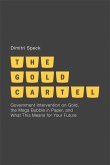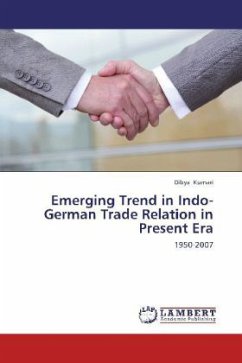Competition is an immanent element of the market and in most market economies there exist competition regulation schemes, with their refined set of means and objectives. European competition policy is often referred to as the 'éminence grise' of common policies. This book aims at discovering the German roots of this policy, focusing on cartel regulation. The book first analyses the concept and types of restrictive agreements and examines how cartels are formed (or dissolved). Then Post-World War One Germany is viewed from the perspective of how this period influenced economic thoughts of that time. Afterwards, the competition regulation ideas of Robert Liefmann, the most active Freiburg professor of the 1920s are introduced. A detailed insight into the Freiburg School's thoughts on the market, state, competition and its regulation is also provided and the respective American theoretical knowledge is evoked in parallel. The relevant article of the 1957 Treaty of Rome establishing the European Economic Community is discussed in comparison to the development of German cartel regulation from the end of World War Two to the birth and application of the 1957 competition law of Germany.
Bitte wählen Sie Ihr Anliegen aus.
Rechnungen
Retourenschein anfordern
Bestellstatus
Storno

